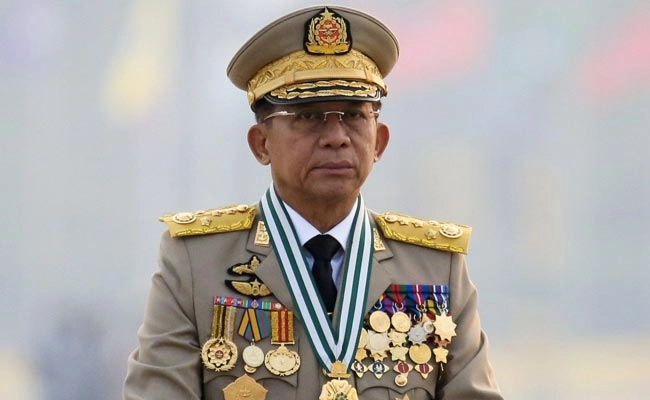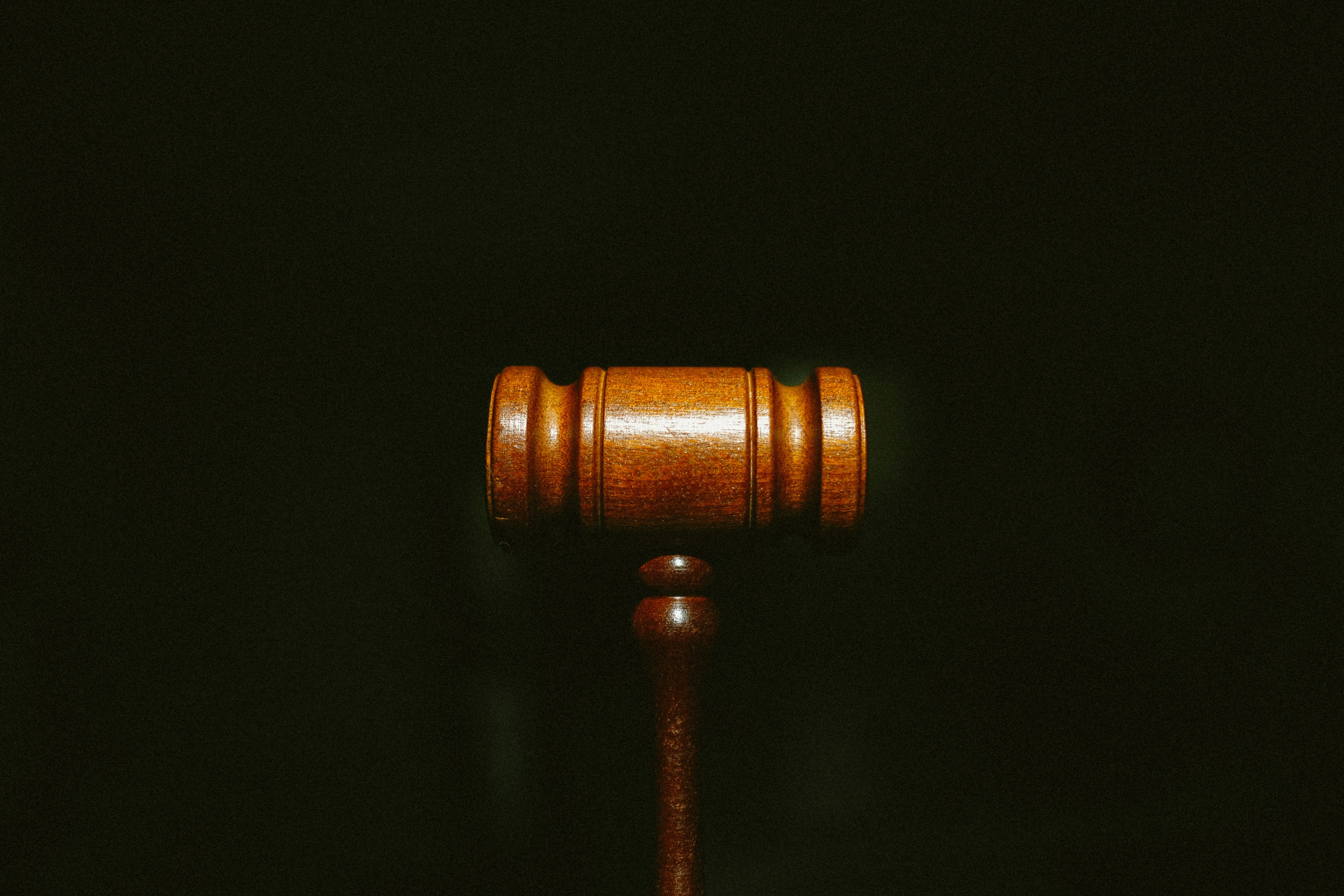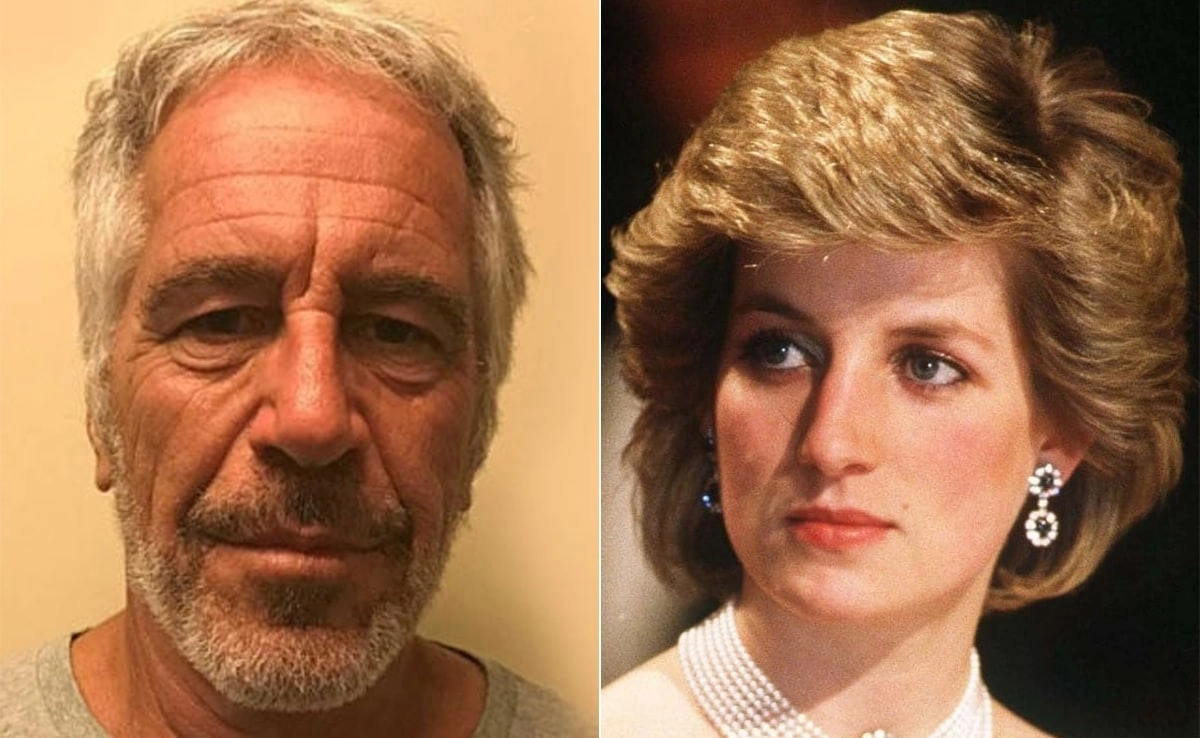Myanmar is scheduled to hold elections between December and January, as announced by the country’s military leader. This decision comes after a period of significant political turmoil following the military coup in February 2021, which ousted the democratically elected government of Aung San Suu Kyi. The junta, officially known as the State Administration Council, has faced widespread condemnation from the international community for its actions, including the arrest of political leaders and the suppression of dissent. The upcoming elections aim to legitimize the military’s rule, despite ongoing conflicts and unrest in various regions of the country.
The junta chief emphasized that these elections are a crucial step toward restoring stability and order within Myanmar. However, skepticism remains high among observers and political analysts regarding the fairness of the electoral process. Many believe that the elections will not reflect the will of the people, as the military has restricted political activities and imposed heavy censorship on media reporting. The National League for Democracy (NLD), the party that won a landslide victory in the 2020 elections, has been largely dismantled, and its leaders are either imprisoned or in hiding.
Moreover, the ongoing armed conflict between the military and various ethnic armed groups, as well as the pro-democracy resistance movement, poses significant challenges to the credibility and safety of the election process. Many citizens fear that participation in the elections could further endanger their lives and freedoms. International organizations and human rights advocates have called for a boycott of the elections, urging the global community to recognize the illegitimacy of the military regime. As the election date approaches, the situation in Myanmar remains tense, with the potential for further violence and civil unrest looming overhead.
In conclusion, while the junta’s announcement of elections may signal an attempt to promote their agenda of governance, the reality on the ground suggests that genuine democratic processes are far from being realized. The international community’s response will be crucial in shaping the future of Myanmar, as global powers weigh their options in addressing the humanitarian crisis and the political turmoil that continues to unfold in the country. The path ahead remains fraught with uncertainty, and the hopes of the Myanmar people for a return to democracy hang in the balance.




